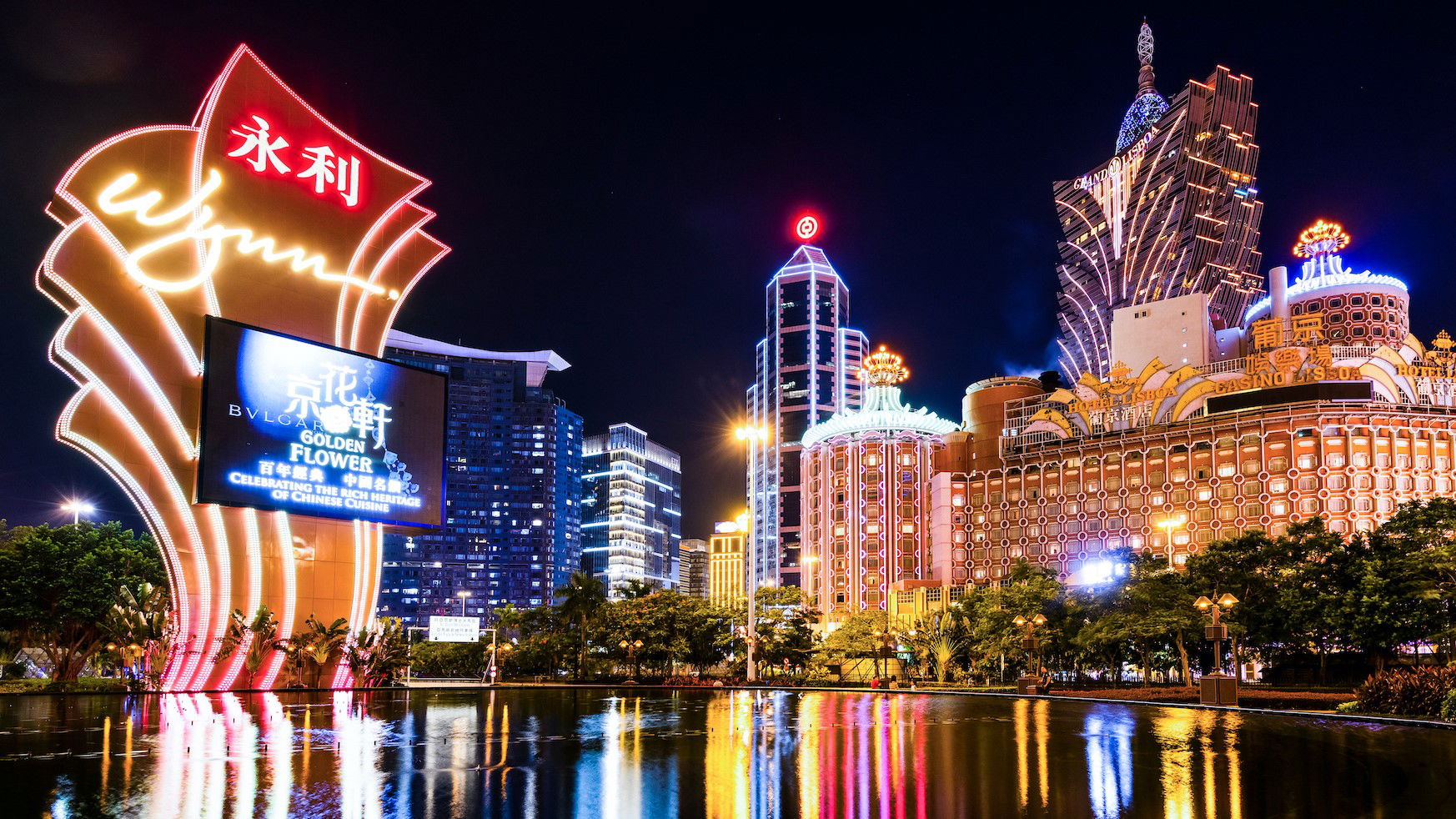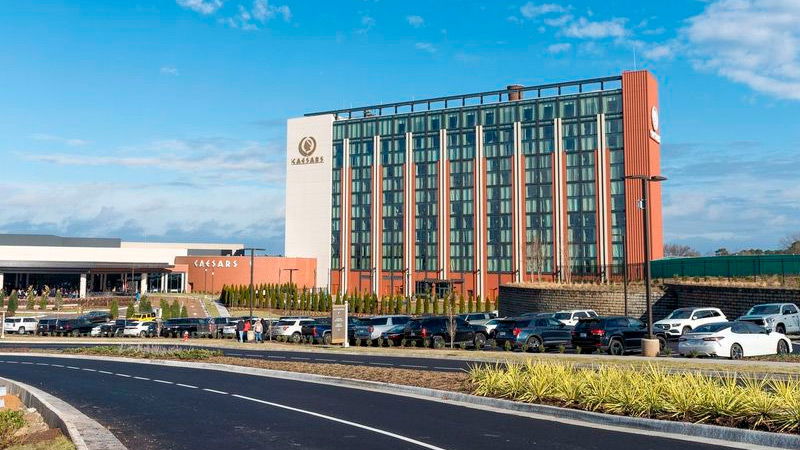Fitch says U.S. casino operators in Macau face rising geopolitical risks, forced sales unlikely

U.S. casino operators Las Vegas Sands (LVS), Wynn Resorts and MGM Resorts International face increasing geopolitical headwinds in Macau due to escalating U.S.-China trade tensions, Fitch Ratings said, though worst-case outcomes remain unlikely.
The three operators, which together account for more than half of Macau’s gross gaming revenues, have significant exposure to the region. Macau contributed 63% of Las Vegas Sands' 2024 revenues, 52% for Wynn, and 23% for MGM.
While rising tensions have raised concerns about potential retaliation against U.S. firms, Fitch noted there are currently no signs that China has targeted casino companies operating in the territory.
"China has targeted foreign companies following diplomatic disputes in the past, and these actions typically involved increased regulatory scrutiny rather than outright bans," Fitch said.
The ratings agency said the termination or non-renewal of the U.S. operators' Macau gaming licenses when they expire in 2032 would be a worst-case scenario, but stressed it views this outcome as "highly unlikely."
"A scenario where US operators are compelled to sell their Macau operations could become more plausible if US-China relations deteriorate further in the medium term, but that is not envisaged in the forecast horizon," Fitch said.
Fitch also flagged concerns about the impact of a weakening Chinese economy, with softer macroeconomic conditions expected to pressure Macau’s gaming revenues. However, potential government stimulus measures could offset some of this pressure, it added.
Despite these risks, Fitch said the operators' strong financial positions help mitigate the challenges. "LVS has ample rating headroom at current levels, with projected leverage ratios near positive rating sensitivities," the agency said, adding that liquidity across the firms was "abundant, supported by high cash levels and strong projected FCF despite dividend payments, share repurchases, and capital spending projects."
Macau’s reliance on gaming revenues — which account for around 80% of its tax income — and the substantial investments pledged by the U.S. operators into non-gaming projects over the next decade also work in favor of the companies, Fitch said.
The U.S. operators’ Macau businesses are structured via publicly listed subsidiaries in Hong Kong and are legally ringfenced from their U.S. parent entities, with separate debt issuances and no guarantees between the groups.

















